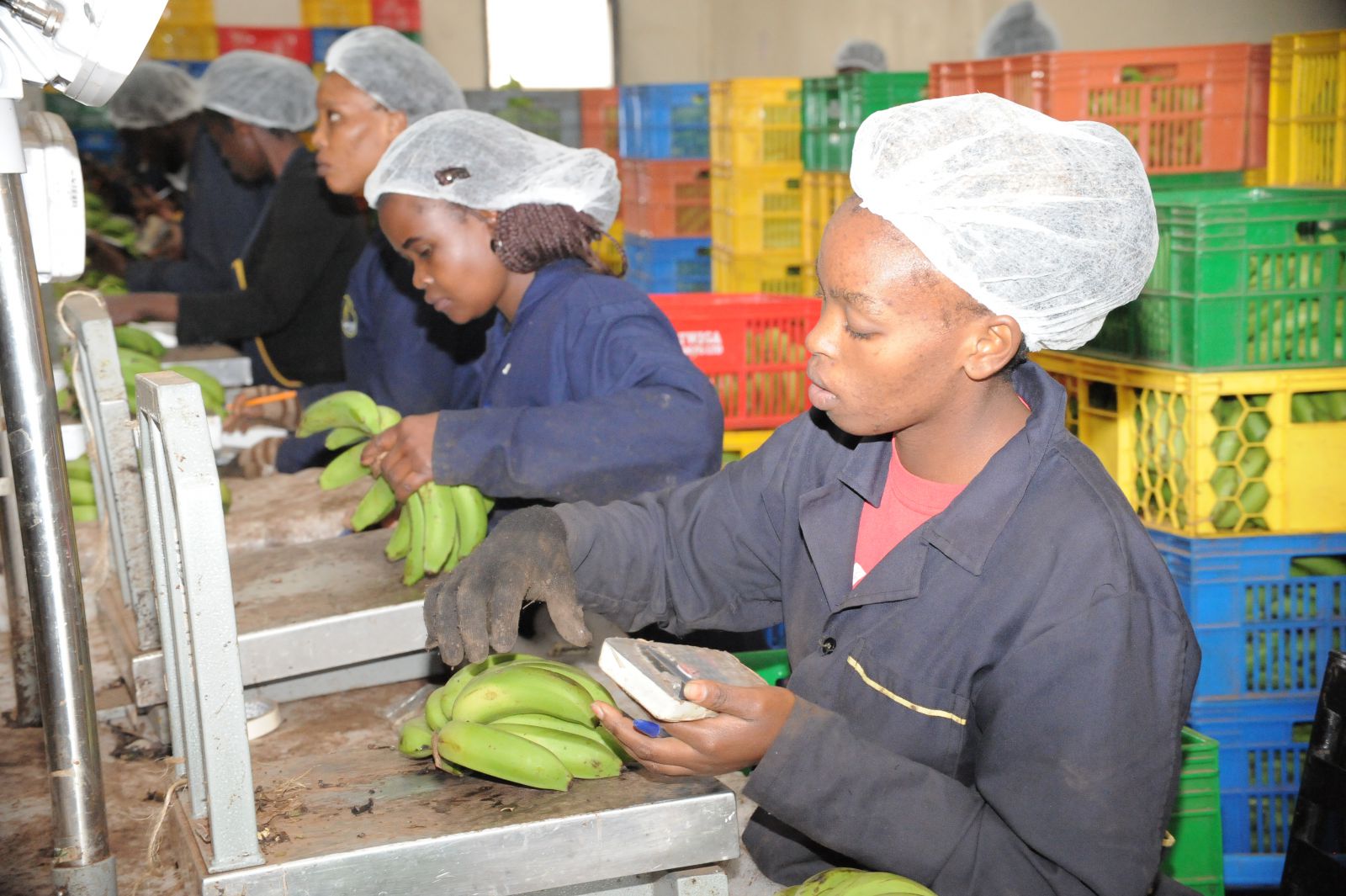April 10, 2019

WASHINGTON – The Overseas Private Investment Corporation (OPIC) announced today that its Portfolio for Impact has reached $100 million in commitments to early-stage impact investment projects that are delivering solutions to some of the world’s most persistent challenges.
This milestone achievement underscores the promise of earlier stage projects to make a significant impact in people’s lives while also operating with financial rigor.
OPIC, the U.S. Government’s development finance institution, first launched Portfolio for Impact (PI) in 2014 as pilot program to support promising impact investments that might struggle to raise capital because they are small or early-stage.
Since that initial launch, OPIC has committed more than $100 million across 22 projects that are supporting small farmers and small businesses in emerging markets, and expanding access to food, education, healthcare, technology, financial services and clean water. The average loan size of these commitments was approximately $4.5 million.
“The Portfolio for Impact unlocks private capital to unleash human potential and it demonstrates that smaller deals can produce outsized impact,” said David Bohigian, OPIC Acting President and CEO.
The projects supported through the PI program have helped farmers in Sub-Saharan Africa access financing to buy equipment to increase their yields, helped a chain of elementary schools in India provide loans to accommodate more low-income students, and helped introduce clean cook stoves to households around the world and reduce the harmful indoor air pollution that results from cooking with wood or kerosene. Most recently, OPIC committed $5 million through PI to a project that will help small businesses in Mexico access financing and lease equipment.
Small businesses often focus on regions or populations that are overlooked and they often develop innovative approaches to persistent challenges. PI was developed to support more of these projects in a resource efficient manner. The success of the program highlights OPIC’s commitment to developing innovative products for its private sector partners. For example, OPIC’s financing to the Magrabi Eye Institute in Cameroon was structured as a development impact loan, a results-based contract in which returns are linked to both financial and social performance so that OPIC’s return increases as more people obtain cataract surgery to save their vision.
The PI program also advances OPIC’s 2X Women’s Initiative, to invest in women in developing countries. Since OPIC launched 2X a year ago, 85 percent of the projects supported under PI have met the 2X Criteria to economically empower women.
###
The Overseas Private Investment Corporation (OPIC) is a self-sustaining U.S. Government agency that helps American businesses invest in emerging markets. Established in 1971, OPIC provides businesses with the tools to manage the risks associated with foreign direct investment, fosters economic development in emerging market countries, and advances U.S. foreign policy and national security priorities. OPIC helps American businesses gain footholds in new markets, catalyzes new revenues and contributes to jobs and growth opportunities both at home and abroad. OPIC fulfills its mission by providing businesses with financing, political risk insurance, advocacy and by partnering with private equity investment fund managers.
OPIC services are available to new and expanding businesses planning to invest in more than 160 countries worldwide. Because OPIC charges market-based fees for its products, it operates on a self-sustaining basis at no net cost to taxpayers. All OPIC projects must adhere to best international practices and cannot cause job loss in the United States.
